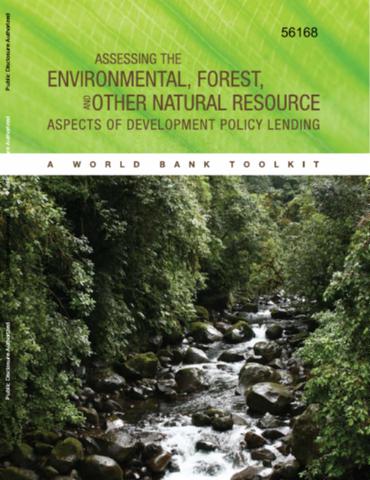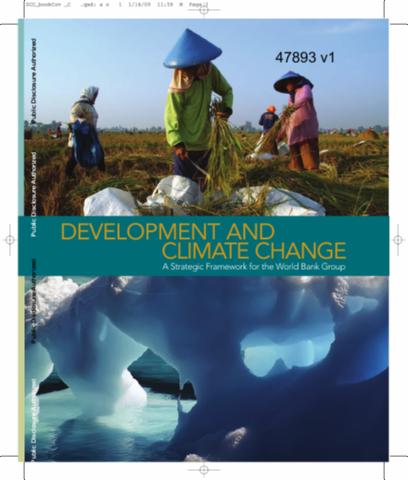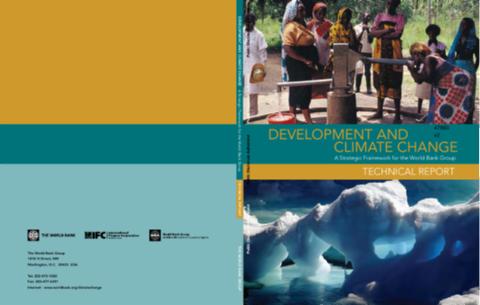Assessing the Environmental, Forest, and Other Natural Resource Aspects of Development Policy Lending
The operations policy on Development Policy Lending (DPL), approved by the Board in August 2004, requires that the Bank systematically analyze whether specific country policies supported by an operation are likely to have "significant effects" on the country's environment, forests, and other natural resources. The implicit objective behind this requirement is to ensure that there is adequate capacity in the country to deal with adverse effects on the environment, forests, and other natural resources that the policies could trigger, even at the program design stage.








